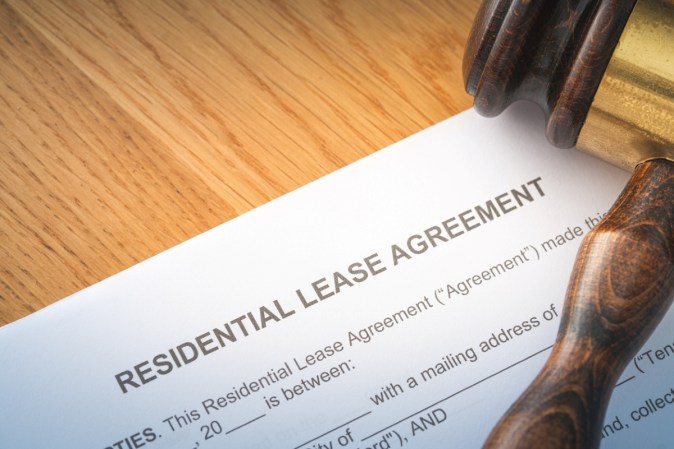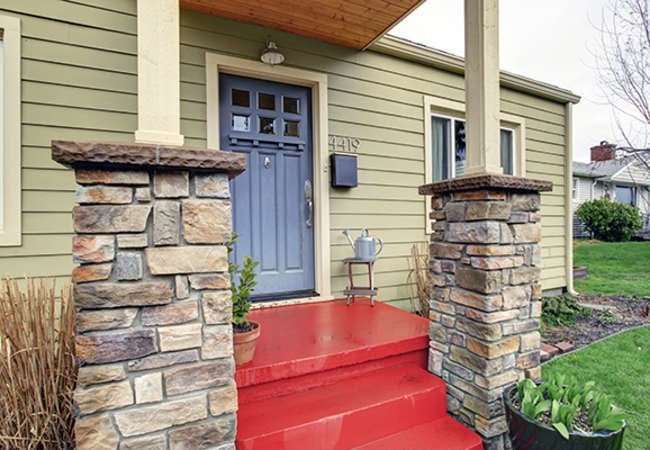We may earn revenue from the products available on this page and participate in affiliate programs. Learn More ›
Change Locks
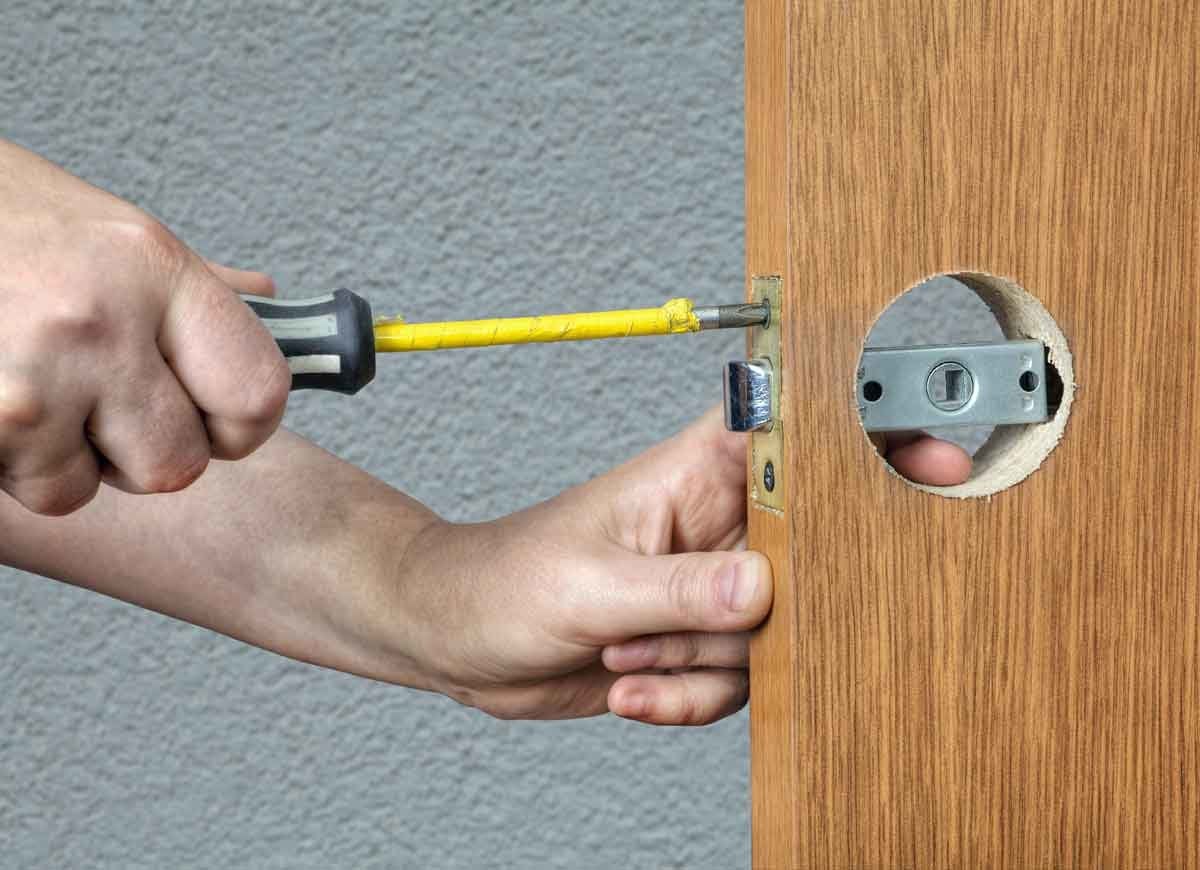
For security reasons, you may wish to change the lock on your rental home, but never tinker with the latches before talking with the landlord. Replacing the locks may interfere with the owner’s rights (for example, if you’re on vacation and a neighbor notices water seeping from the house, the landlord is legally allowed to enter the premises). Your best bet is securing permission for a lock change, then giving the landlord a copy of the spare key.
Related: 11 Ways You May Be Inviting Burglars into Your Home
Remove Trees and Plantings

There’s nothing wrong with putting your own creative stamp on a rental home. But landscaping elements like trees and shrubs are considered part of the property, meaning tenants can’t remove them without prior consent. If you remove plantings, the owner could claim property defacement and sue you for damages!
Paint

Every landlord has different rules about painting. While some tenants are never allowed to pick up a paintbrush, others are encouraged to give the walls a fresh coat. Always ask permission before pursuing an interior or exterior painting project, and it doesn’t hurt to get color choices approved as well.
Sublet the Property
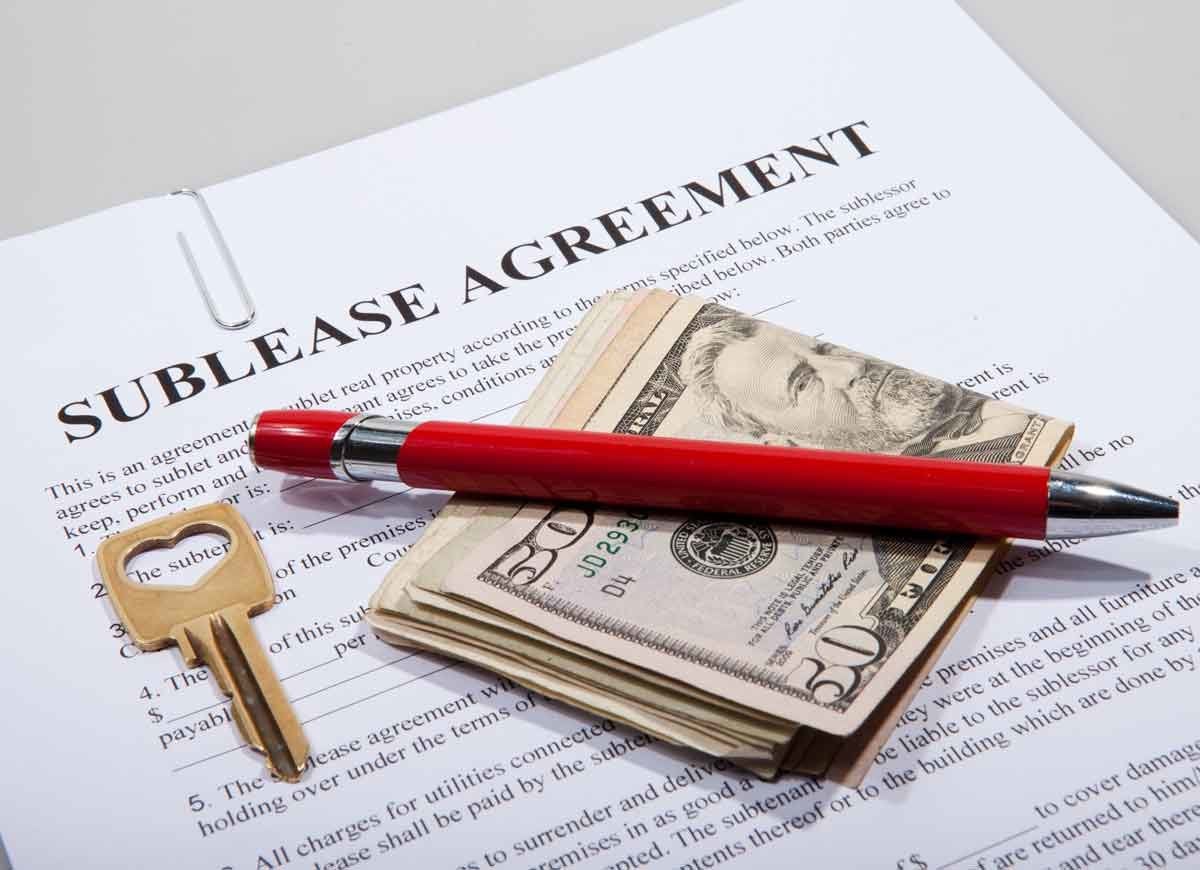
Planning to leave before the lease runs out? If so, you might be interested in subletting the home to someone else. Unfortunately, the landlord probably has strict guidelines for vetting tenants and will most likely not agree to this arrangement. Subletting without permission usually breaches the lease agreement and makes you liable for any property damages.
Sneak In Animals

Heads up, pet lovers: Many lease agreements forbid dogs, cats, and other furry friends. Trying to sneak Fluffy or Fido into a rental property breaches the lease, which could lead to eviction. If you’re relocating with a pet, look into renting only those houses that allow animals.
Let Others Live in the House

Property owners cannot limit the number of people living in a rental based on discriminatory factors, such as race or familial status. They can, however, restrict occupants based on local ordinances. For example, if the law determines that the maximum safe occupancy of a rental is six people, the landlord can enforce this guideline. Visiting guests sometimes count as an exception, but always inform the property owner about visitors and their anticipated length of stay.
Damage the Property
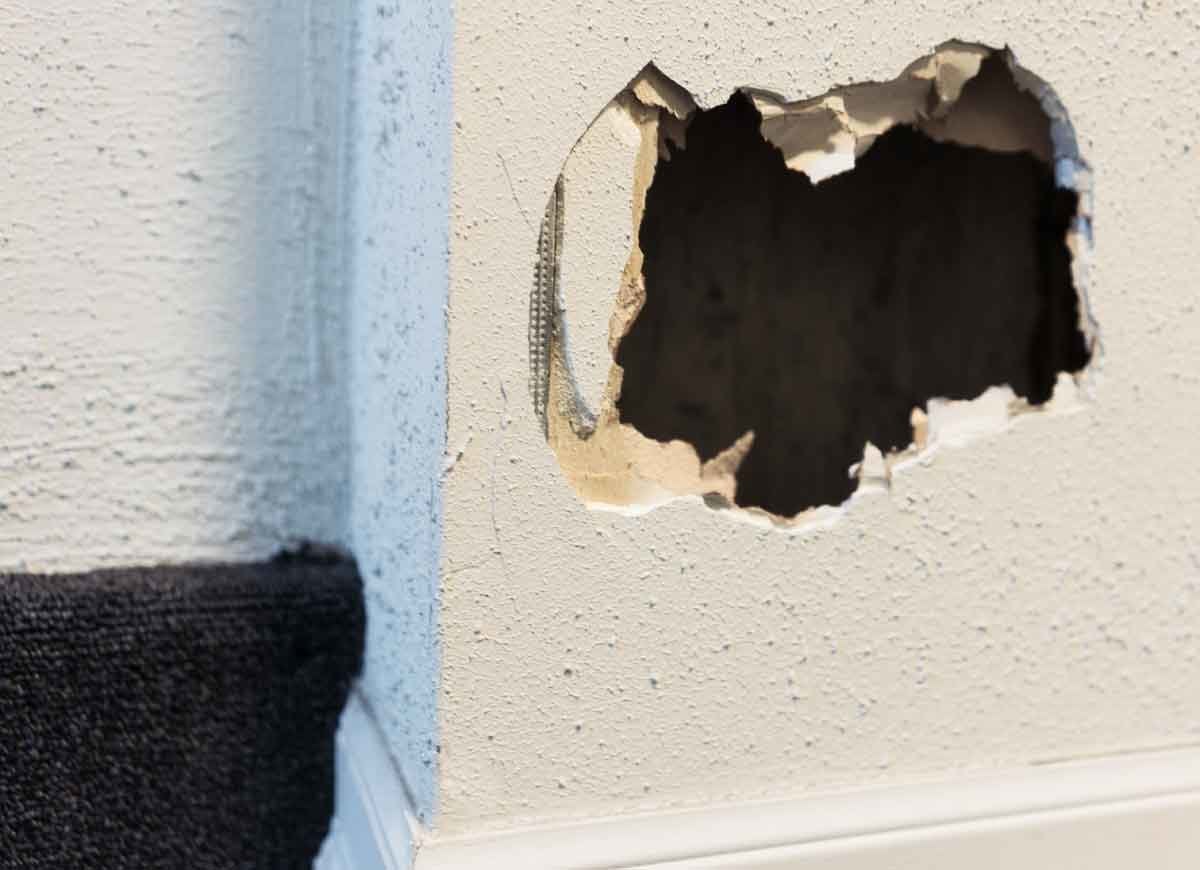
Normal wear and tear—loose cabinet knobs, stained grout, or tarnish on fixtures— shouldn’t affect your security deposit. But landlords can keep the deposit to repair major destruction, whether it’s a broken window or holes in the wall. Also keep in mind that if the cost of repairs exceeds the amount of your deposit, the landlord could sue for additional damages.
Related: 15 Cheap Home Repairs That Could Save You Thousands
Leave Before the Lease Is Up

Do you need to vacate the property before the lease is up? You’ll still need to pay rent for the dates specified in the lease agreement, or else the landlord can sue you for the balance of the rent. Always talk to the property owner if unforeseen circumstances arise. The landlord may be able to rent the home to another party, or she might let you leave but require you to pay off the rent regardless.
Make Unauthorized Repairs
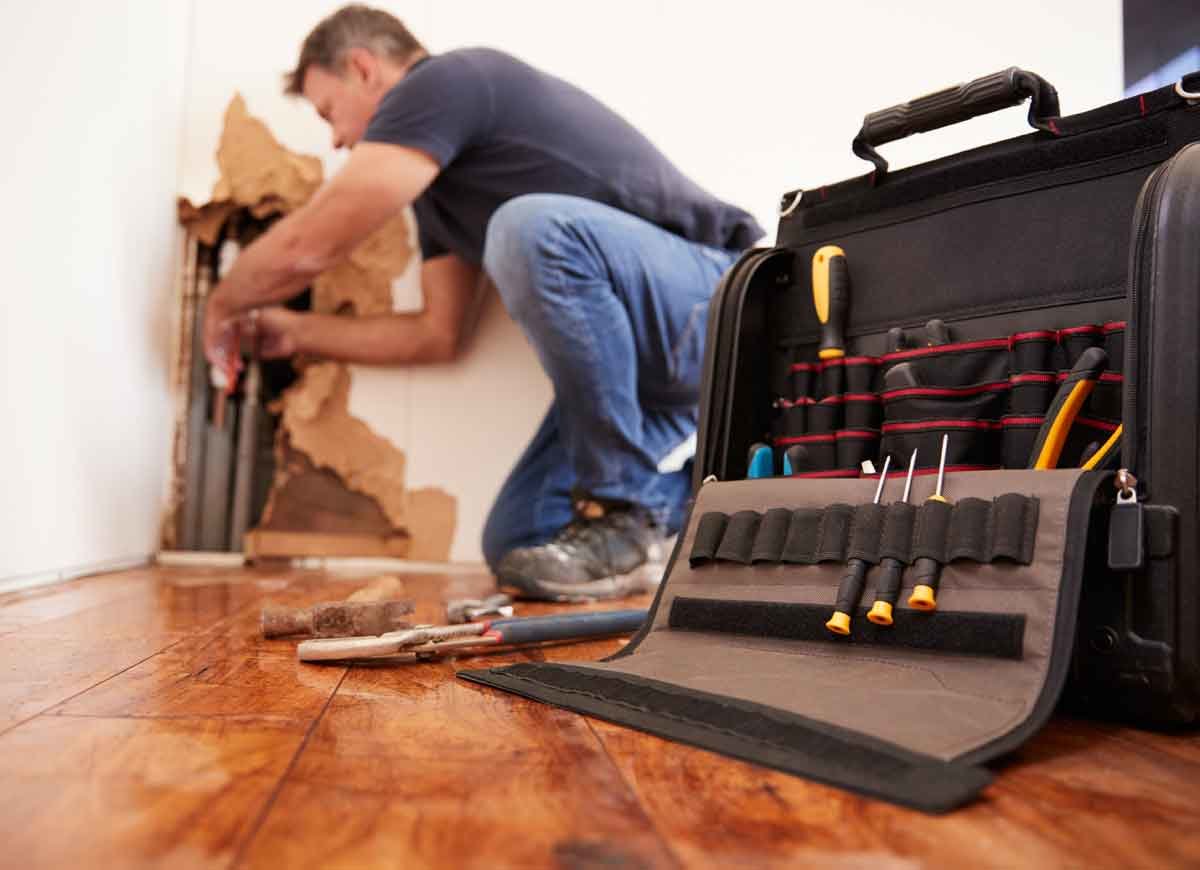
Excluding emergency situations, you’re required to obtain the landlord’s permission before making repairs. State laws vary, but tenants must typically follow the terms of the lease unless a situation arises that threatens the safety of the property or the occupants (in which case, tenants can arrange for repairs if they’re unable to contact the landlord).
Become a Neighborhood Nuisance

It’s common decency to respect your neighbors, so avoid throwing late-night parties, leaving bags of stinky garbage in the driveway, or letting your dog bark incessantly through the night. Fed-up neighbors may sue your landlord, who in turn, will likely evict you.
Related: 12 Things You Don’t Realize Are Annoying Your Neighbors







